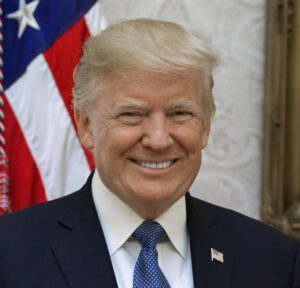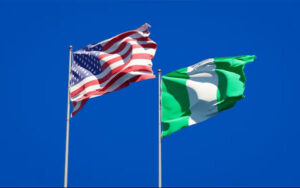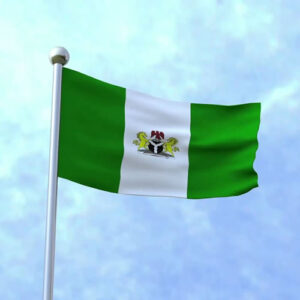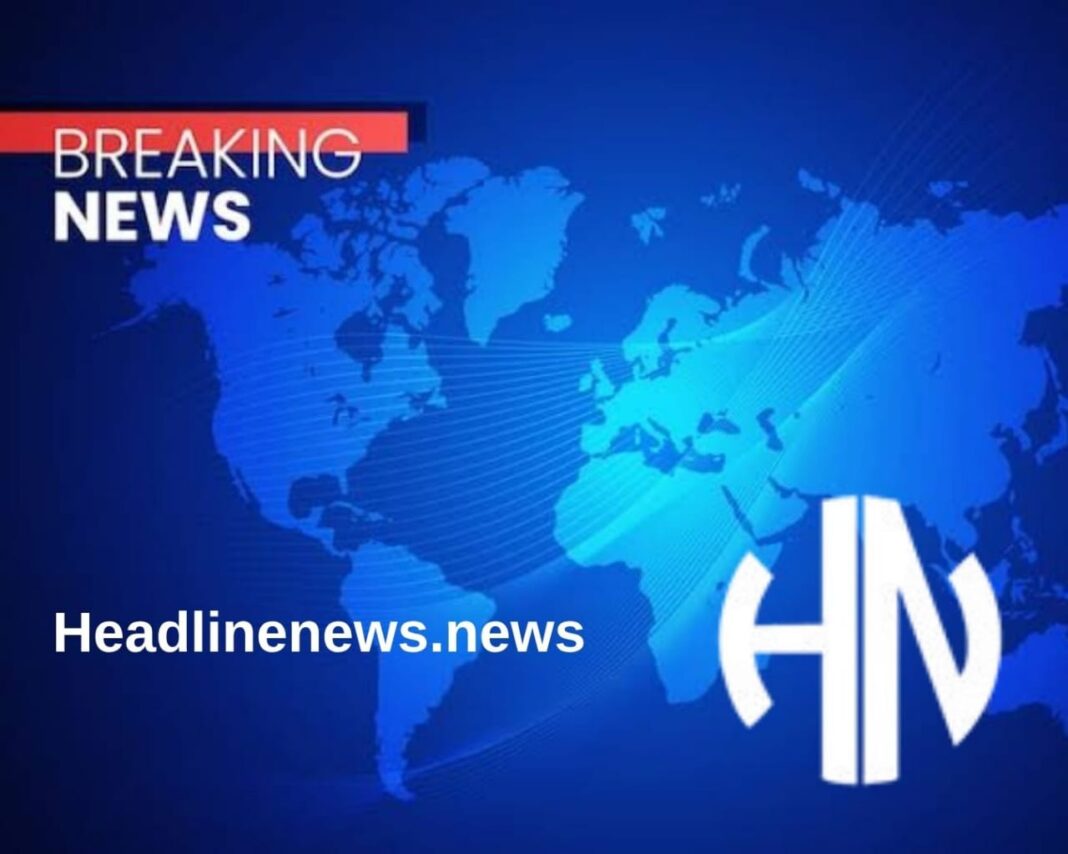Claim 1: “Trump is planning U.S. military action in Nigeria if killings continue.”
Verdict: Partly true (threats + planning order, not an announced operation).
Multiple reputable outlets report that President Trump has publicly threatened military action and said he ordered the Pentagon to begin planning—but there’s no formal announcement of a specific operation, deployment, or start date. Planning is not the same as executing. Reuters, PBS/NewsHour, ABC News, and Al Jazeera all covered his statements in the last 24 hours.

What that means in practice:
The White House can direct the Pentagon to draw up options at any time; that’s routine.
Actual sustained military operations typically require statutory reporting under the War Powers Resolution and, for prolonged action, Congressional authorization. Nothing like that has been announced publicly.

Claim 2: “The U.S. command is already in Equatorial Guinea.”
Verdict: False.
AFRICOM headquarters is in Stuttgart, Germany (Kelley Barracks) and remains there. That is the command element.
The only permanent U.S. base on the African continent is Camp Lemonnier, Djibouti, which hosts Combined Joint Task Force–Horn of Africa. There is no official U.S. base or ‘command’ in Equatorial Guinea.

Why the confusion?
For several years there have been rumors and analyses about China seeking a potential naval facility in Equatorial Guinea (Bata), and separate speculative chatter about future U.S. posture in West Africa. Analysts and media have discussed the geopolitics around Equatorial Guinea, but none of that equals an established U.S. command there.
The U.S. does engage Equatorial Guinea through training and assistance (e.g., IMET funds), and journalists periodically report unconfirmed talks about facilities—still, there’s no credible, official confirmation that a U.S. command or base has been set up in country.

On Nigeria: Trump has threatened action and says Pentagon planning is underway; that’s not a green-lighted operation. Watch for any formal Pentagon statements, War Powers notifications, or movement orders—those would indicate a real shift from rhetoric to execution.
On Equatorial Guinea: The claim that “U.S. command is already there” is incorrect. AFRICOM HQ remains in Germany; the U.S.’s permanent African base is Djibouti.
Reasons why Nigeria should be concerned.
Yes — Nigeria should be worried about Donald Trump’s statement, and here’s a clear breakdown of why and how worried, plus what can be done about it.


Why the Concern is Real
■ Designation consequences: The CPC label under the International Religious Freedom Act triggers potential sanctions, visa bans, and reputational risk. Even if no military action comes, the economic and diplomatic fallout alone is significant.
■ Threat of military planning: Trump has publicly ordered the U.S. military to begin planning options. That shows this is more than rhetoric — options are being drawn, which means the threshold for action is lower than purely hypothetical.
■ Investor and diplomatic perception: Business and investment decisions hinge on stability and reputation. A CPC designation combined with talk of military action creates risk premium for investors, lenders, partners.
■ Narrative momentum: What started as a status review could escalate. If Congress takes up legislation or hearings citing Nigeria’s label, the pressure on Abuja increases.
■ Precedent matters: Other countries have found CPC status difficult to shake off without strong reforms and diplomacy. Nigeria is now in the type of situation countries like Sudan, Uzbekistan navigated carefully.
Why the Concern Has Limits
No formal military operation has been announced. No U.S. troops moving in or specific mission declared. The statement is still in the planning/threatening stage.
Nigeria has existing diplomatic channels and options; the situation is fluid, not locked in.
A strong, immediate response — repair of narrative, visible reforms, high-level engagement — can meaningfully reduce risk.
What Nigeria Should Do Immediately (to mitigate risk)
Appoint a credible Ambassador to the U.S. without delay; strengthen the diplomatic presence in Washington.
Launch a global media and communications effort explaining Nigeria’s situation (terrorism, banditry, not state-sponsored religious persecution) to key U.S. policymakers and press.
Engage U.S. Congressional and faith-based lobbying networks proactively — inform them with evidence, invite visits, share data on multi-faith victims and prosecutions.

Publish a clear plan of reform: protection for all places of worship, data on attacks, arrests, convictions, and oversight.
Continue stabilising internal security. Reducing high-profile attacks and publicly prosecuting them sends a strong signal.
Final Thought
Yes — Nigeria should be concerned. But this is not hopeless. The situation is time-sensitive. What happens in the next few weeks could determine whether this becomes a prolonged sanctions/diplomatic crisis or a manageable setback.
Acting decisively can convert worry into opportunity: Nigeria could emerge from this stronger, more credible, and more globally engaged. But delay or silence will deepen the risk.
Princess G. Fraser. MFR.
The National Patriots.
Headlinenews.news Special Investigative Report.




